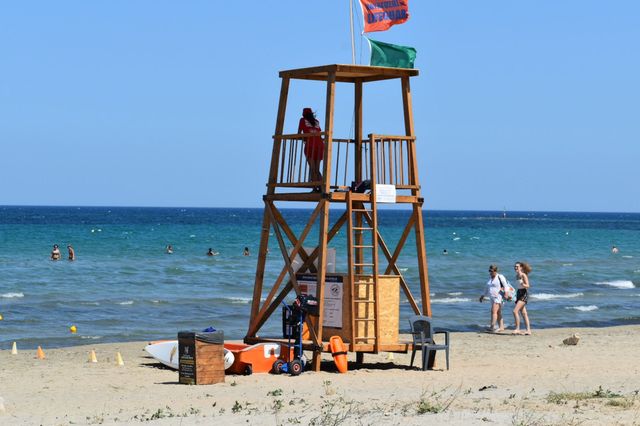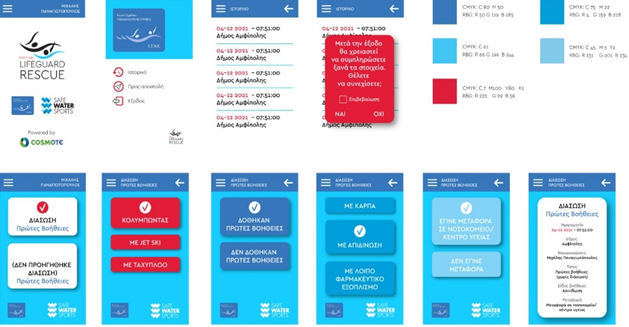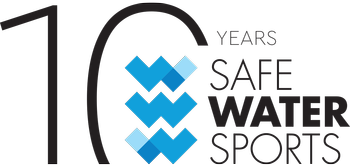
Lifeguards
Lifeguard’s presence at beaches and swimming pools is very important in order to prevent drownings and accidents in the aquatic environment. Safe Water Sports was highly involved in the elaboration and formulation of the following two legislative initiatives concerning lifeguard training and their presence at beaches and hotels’ swimming pools:
• The Presidential Decree (PD 71/2020) issued by the Ministry of Shipping and Island Policy
• Law 4688/2020 "Special forms of tourism, provisions for the development of tourism and other provisions" issued by the Ministry of Tourism.
Beaches:
According to the current law (for 2020), only bathing facilities that are popular/highly frequented to the public are obliged to have lifeguard cover.
With the new Presidential Decree (for 2020), for the drafting and formulation of which our Organisation played a pivotal role, the following important changes will take effect:
- The first 15 days of August is the period of time during which the committee will determine whether a beach is popular/ highly frequented, taking into consideration the average daily presence of three hundred (300) bathers at least, in every 1 klm of coastline during the rush hour, any accidents that have happened in the past or any other reasons connected to the local characteristics of the area. If the beach is more than 400m long and is highly frequented, then a second lifeguard is necessary. If it is over 800m long, then a third lifeguard and so on.
- Obligatory lifeguard cover in beaches was extended from three months to four months, from 1st June to 30th September every year, from 10:00-18:00.
- Every lifeguard monitors the space of beach extending to 200 metres to each side of his stand.
- The decisions as to which beaches in every Municipality are popular/highly frequented are taken annually by a special 3-member committee, where the local Coast Guard, the competent Health Regional Authority and the Municipality are represented.
Swimming pools at hotels:
Hotels that contain more than fifty (50) rooms and at least a swimming pool with the depth greater than 1.5 meters, are required to provide a swimming pool lifeguard, who must be standby wearing his bathing suit, sitting on the existing lifeguard pedestal or monitoring the area under his responsibility and not performing any other service, during the hours of operation of the swimming pool.
Safe Water Sports has signed a memorandum of understanding with the Union of Lifeguard Schools (ESNE) and the Central Union of Greek Municipalities (KEDE) with the aim of taking joint initiatives that will contribute to the safety at sea.
Lifeguard Rescue mobile app

Safe Water Sports (SWS) and the Association of Lifeguard Schools (ESNE), joined forces with the aim of recording and monitoring the rescues and cases of first aid by lifeguards at beaches in Greece. The project which is a global innovation was designed to utilize the modern tools offered by information technology.
Safe Water Sports has developed a special software for mobile devices that allows an easy and immediate recording and sending of data related to rescue and first aid by lifeguards.
Each mobile device has a pre-installed software (named Lifeguard Rescue app) that records basic data related to rescue and first aid characteristics such as time, location, means used for the rescue, medical equipment, if the person was transferred to the hospital etc.
Only Port authorities and the Headquarters will have access to this data, which will be supplementary to the existing Incidents Reports that already contributes significantly to the effort of reducing drownings in the aquatic environment.







